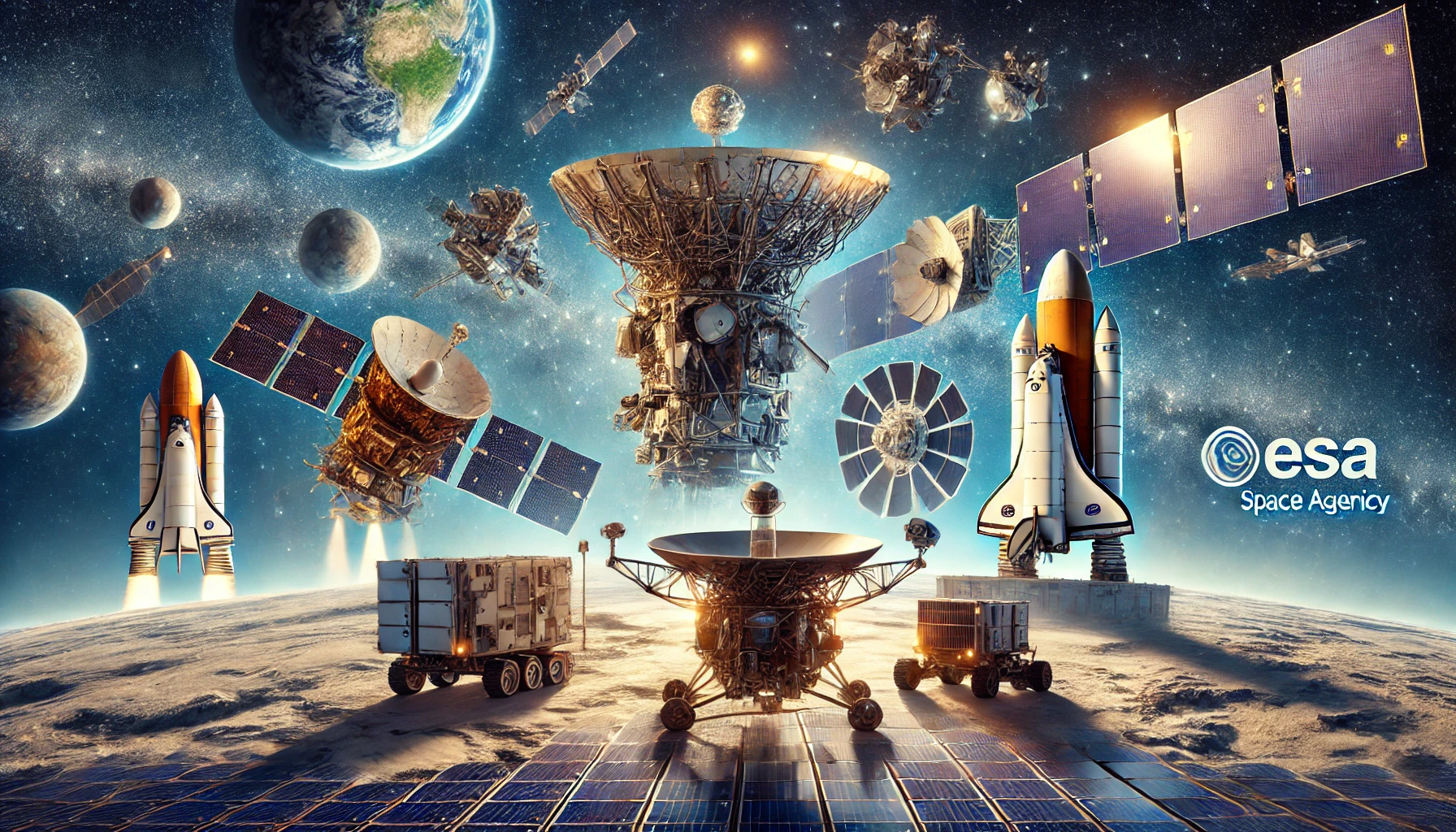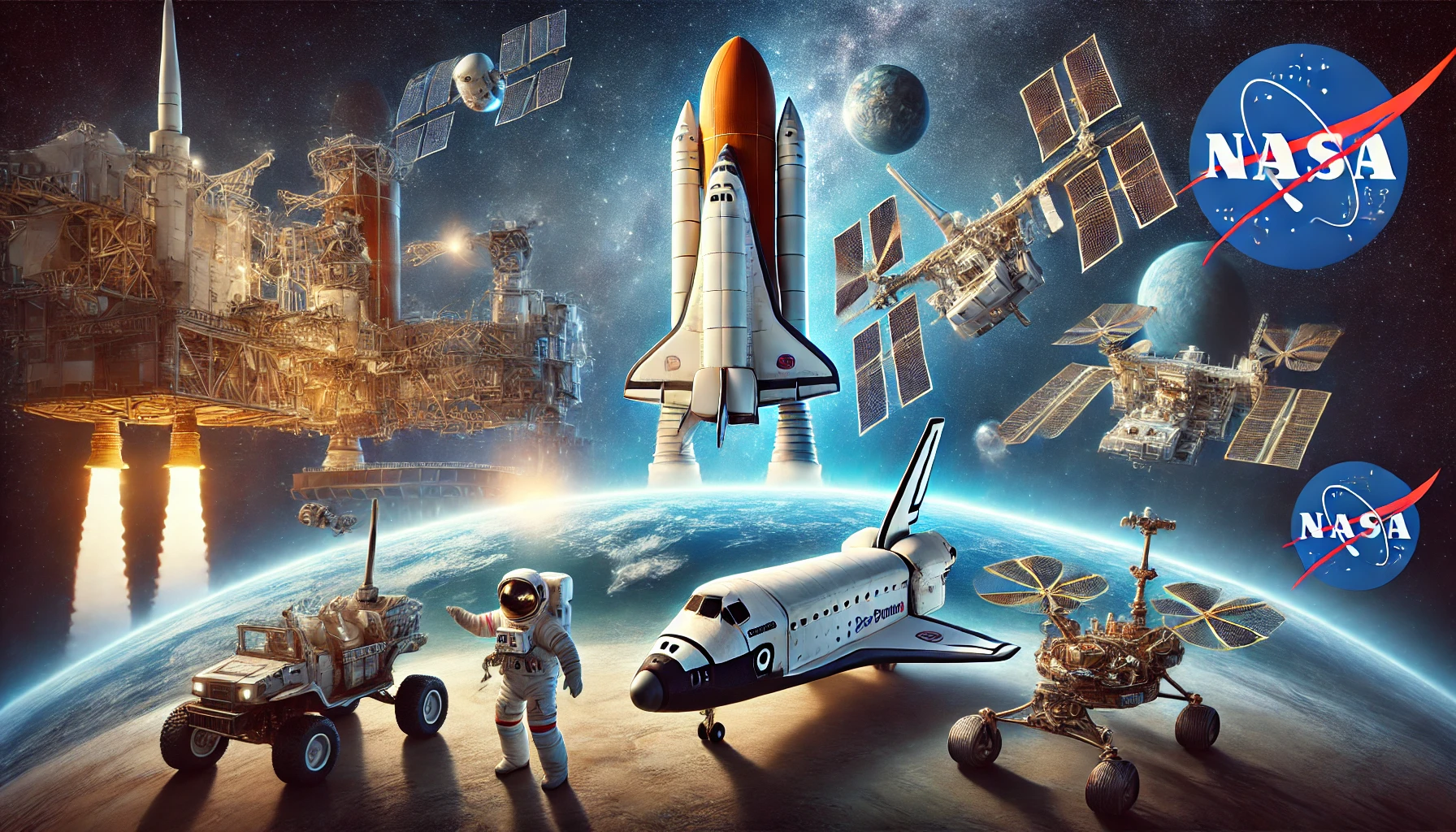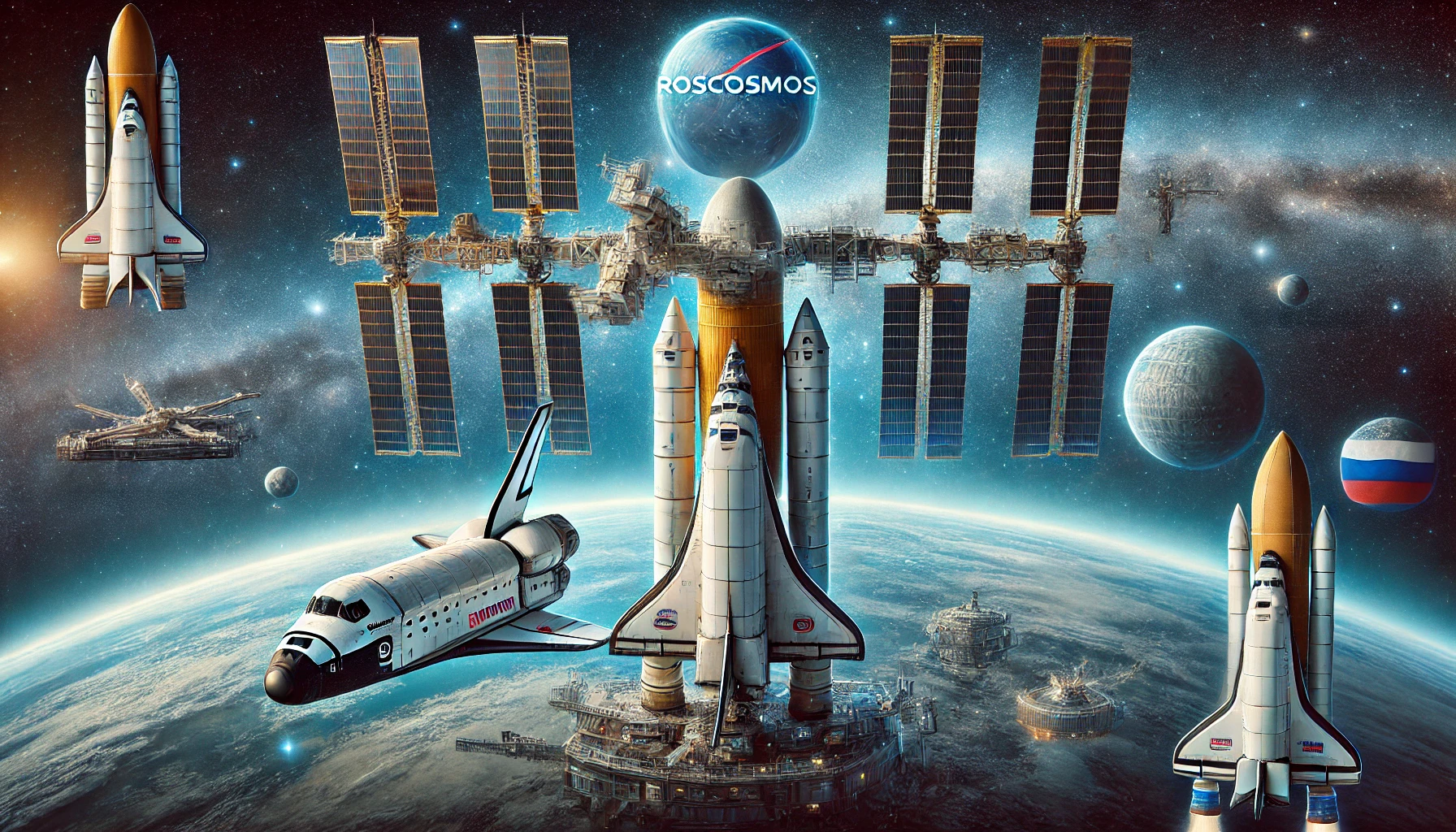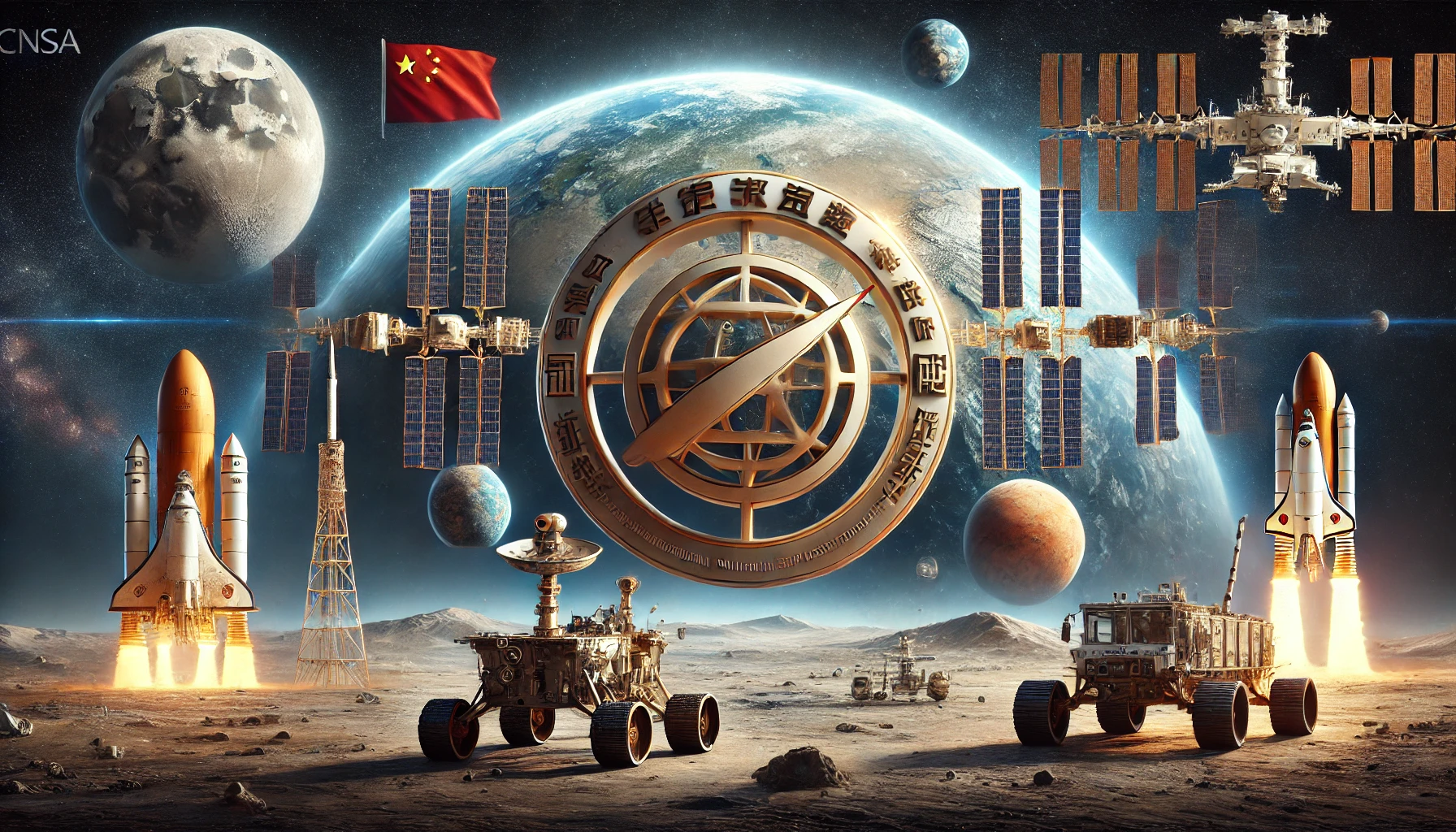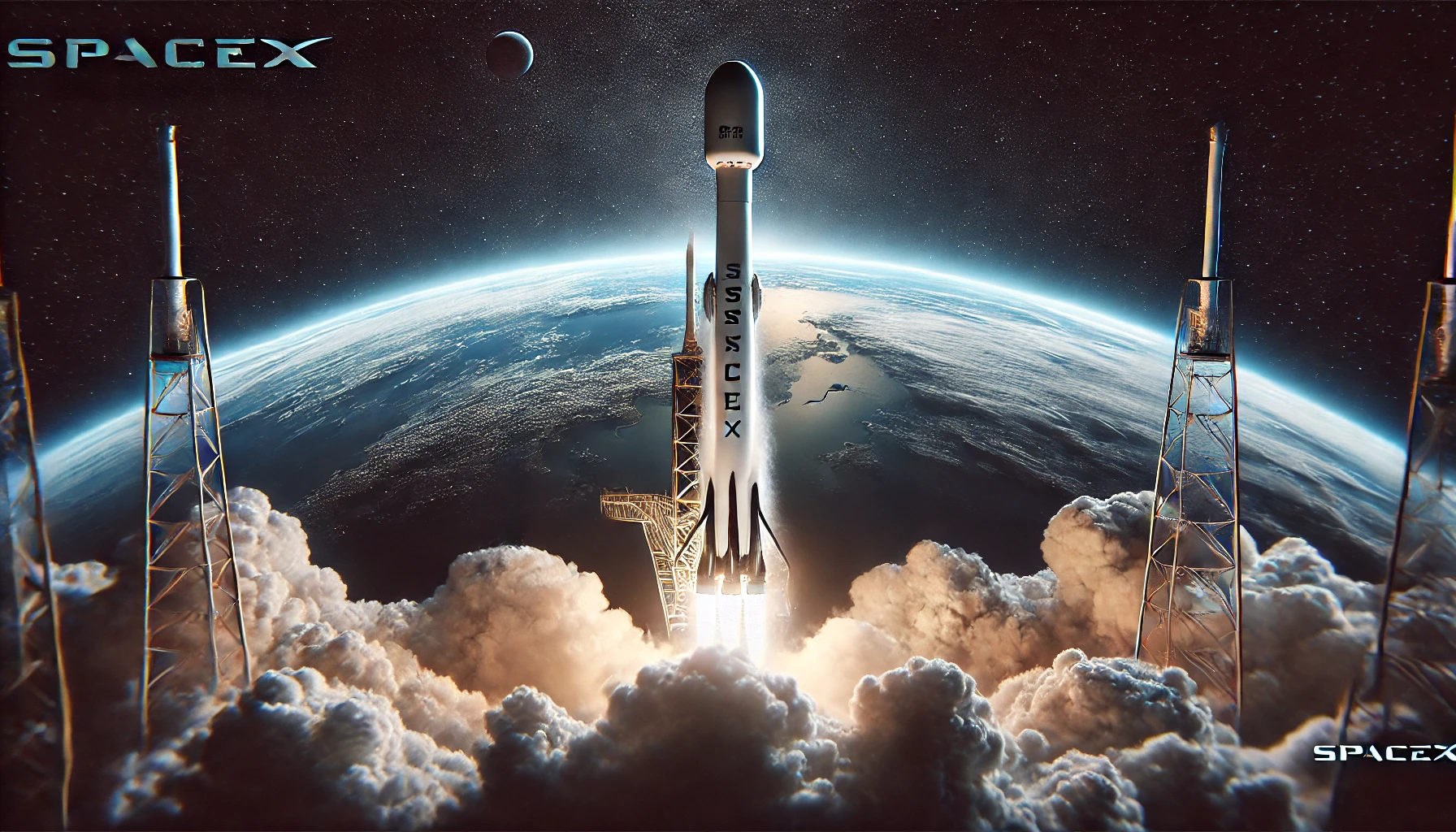The European Space Agency has been a key player in the global space exploration arena since its establishment in 1975. It has been at the forefront of scientific discovery and technological innovation. This comprehensive guide will explore the agency’s history, key missions, current projects, and future goals, offering an in-depth look at its contributions to space exploration.
Contents
History of the European Space Agency
The European Space Agency was formed as a result of the merger between the European Launcher Development Organisation (ELDO) and the European Space Research Organisation (ESRO). The aim was to create a unified European entity that could compete with the space programs of the United States and the Soviet Union. Since its inception, the agency has been responsible for numerous significant achievements in space exploration, ranging from satellite launches to deep space missions.
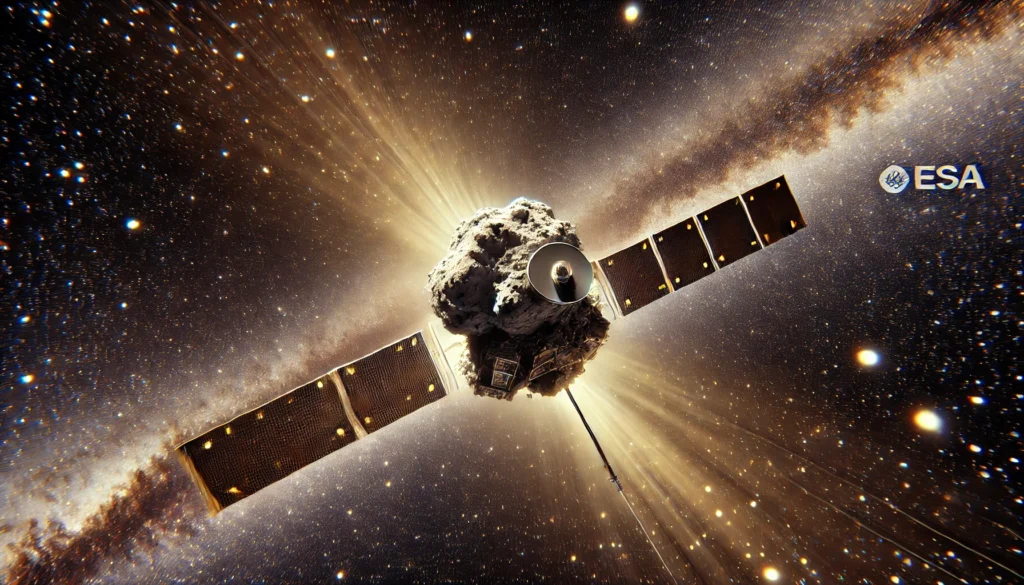
One of its early successes was the Giotto mission, which provided the first close-up images of a comet when it flew by Halley’s Comet in 1986. This mission marked a significant milestone in cometary science and demonstrated the agency’s growing capabilities in space exploration.
Key Missions
Over the decades, the European Space Agency has undertaken numerous missions that have expanded our knowledge of the universe. Here are some of the key missions:
- Rosetta Mission: Launched in 2004, Rosetta made history by becoming the first spacecraft to orbit and land on a comet, providing invaluable data about the composition and behavior of comets.
- Herschel Space Observatory: Launched in 2009, Herschel was the largest infrared space telescope ever built and provided significant insights into star formation and galaxy evolution.
- Galileo Navigation System: The Galileo system offers highly accurate global positioning services, enhancing navigation and timing applications worldwide.
- ExoMars Program: A collaborative effort with Roscosmos, ExoMars aims to search for signs of past life on Mars and better understand the planet’s environment.
Current Projects and Future Goals
The agency continues to lead in space exploration with several exciting projects and ambitious future goals. The James Webb Space Telescope (JWST), a joint project with NASA, is set to revolutionize our understanding of the universe by observing some of the oldest galaxies and stars.
The BepiColombo mission, a collaboration with the Japan Aerospace Exploration Agency (JAXA), aims to study Mercury in unprecedented detail. Additionally, the agency’s participation in the Artemis program will see European astronauts participating in lunar missions, paving the way for future Mars exploration.
The European Space Agency is also deeply involved in Earth observation projects, such as the Copernicus program, which provides critical data on environmental changes, climate monitoring, and natural disasters. This data is essential for informed decision-making and policy development worldwide.
For more detailed information on current missions and future plans, visit the ESA Space Science page.
“ESA’s contributions to space exploration showcase Europe’s dedication to scientific progress and international collaboration. Each mission brings us closer to uncovering the mysteries of the cosmos.” – Author’s Note
Final Thoughts about ESA
The role of the European Space Agency in space exploration is indispensable. From groundbreaking missions like Rosetta and Herschel to ambitious future projects, the agency has consistently pushed the boundaries of what is possible. As we look to the future, ongoing projects and collaborations promise to unveil even more of the universe’s mysteries. For those passionate about space, ESA remains a beacon of innovation and inspiration. To stay updated on its endeavors, you can visit the official website.
The future of space exploration is bright, with the European Space Agency playing a crucial role. With continued support and innovation, we can expect to see incredible advancements and discoveries that will shape our understanding of the cosmos for generations to come. Each new mission and project not only contributes to our scientific knowledge but also inspires the next generation of scientists, engineers, and explorers, demonstrating the limitless possibilities that lie ahead. ESA’s commitment to collaboration and innovation ensures that Europe will remain a vital player in the global space exploration community.

